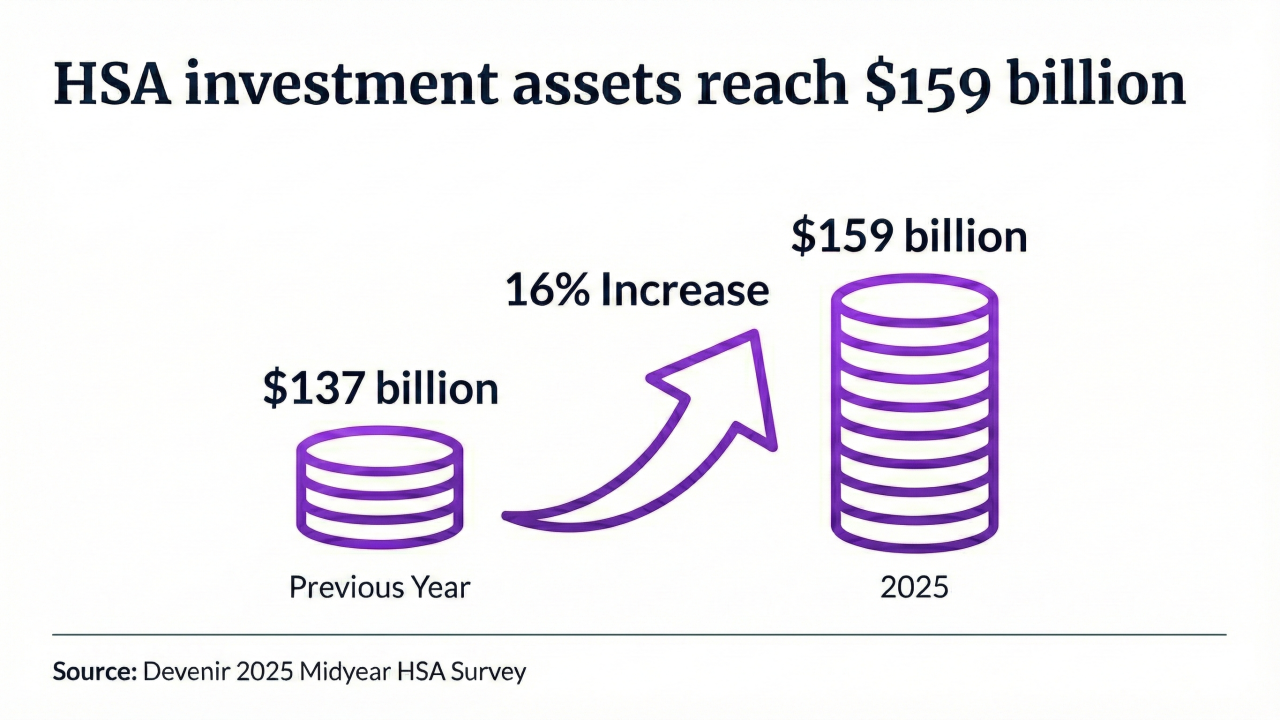ORLANDO — Ocean Spray will waive behavioral health copays for its roughly 2,000 employees beginning this summer as part of its campaign to better address mental health, the company said Monday during the WorldatWork Total Rewards conference.
“We want to remove the barriers preventing people from receiving help,” said Susan French, senior manager of benefits and wellness at Ocean Spray, noting that the move to make mental health copays $0 will likely go into effect July 1.
The company, which makes cranberry drinks and sauces, already gives employees access to no-cost behavioral telemedicine sessions that they can use for counseling services.
The announcement comes as more employers seek to address mental health among employees. About 86% of employers offer some type of mental health coverage, according to statistics from the Society for Human Resource Management, but covering copays isn’t as common.
Waiving behavioral health copays is part of Ocean Spray’s mental health campaign called “Act tiny, be mighty” — which aims to help its employees better get help if they are struggling — that it launched earlier this year. French said that anecdotal accounts of Ocean Spray employees’ struggles, as well as alarming national statistics about the increase in mental health disorders, encouraged the company to make the move.
One in five people have a mental illness, according to the National Institute of Mental Health, and one in three working Americans report being stressed on the job, according to the American Psychological Association.

The campaign kicked off Jan. 1, and in part trains managers on employee assistance programs and helping workers get the help they need.
“We train them to ask how [employees] are doing and if they notice something, to tell them about the resources available,” she said. “We’re hoping that these open conversations around mental health and acknowledgement that this exists will start making people more comfortable and get them to talk to somebody. We want people to know that they aren’t alone and there’s no shame in asking for help.”
The campaign also encourages employees to check in with each other and aims to create a supportive, open workplace, French said.
See also:
Though the campaign is “too new” for outcomes, “there has been a lot more talk, and we are optimistic,” French said. “Our EAP utilization has been low, so we just want to see it increase.”
French also said the company has rolled out benefits to help address specific stressors that contribute to mental health issues, such as fertility, financial stress and struggling to maintain a healthy work-life balance. Noting that fertility issues are a big stressor, the company partnered with healthcare company Maven to provide support and resources to employees experiencing those problems.
Managers also encourage workers to use the company’s “zen den” meditation room in its corporate office. “If people need 5 or 10 minutes to unwind or decompress, they can book it on the Outlook calendar and it doesn’t show their name,” she said. “People can have a little quiet time.”
It also works with Milk Stork to provide
The company also partners with Fidelity Investments, its retirement provider, to provide one-on-one onsite financial consultations that are specifically aimed at helping employees struggling with student debt. Though she said Ocean Spray considered adding a
French said the company is a proponent of encouraging flexibility, allowing employees to work from home regularly, offering half-day Fridays in the summer and recently adding a four-week family caregiving leave benefit.
“We want to help people balance what they can,” French said. “[Mental health] is an ongoing challenge — we feel like we can’t solve it but we feel like we can help.”





